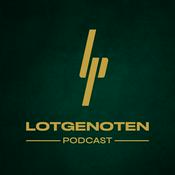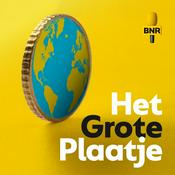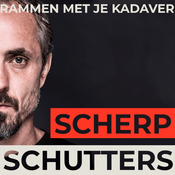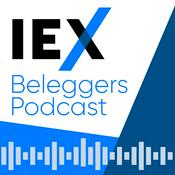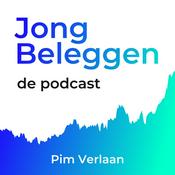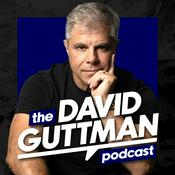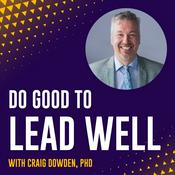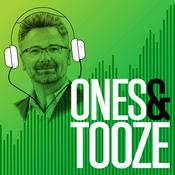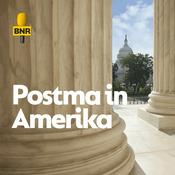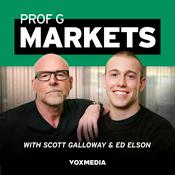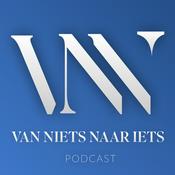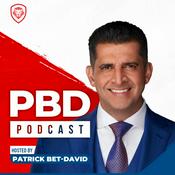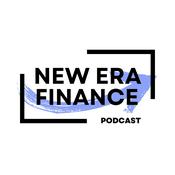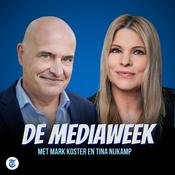123 afleveringen

The data centre power play - AI, energy and Europe's next move
27-11-2025 | 19 Min.
In this podcast, ING's Diederik Stadig, Gerben Hieminga and Coco Zhang discuss the role of data centres in driving global economic growth, strategies to tackle the energy challenge, and what Europe must do to raise its game

Firings, the Fed's future, and the fallout for policy and markets
02-9-2025 | 21 Min.
In this podcast, ING's James Knightley and Padhraic Garvey discuss President Trump's efforts to steer monetary policy - and the economic narrative - through high-profile firings at the Federal Reserve and Bureau of Labor Statistics.

Pharma's bitter dose of tariff pressure
05-8-2025 | 16 Min.
The Trump administration has imposed a 15% tariff on EU pharmaceuticals and threatened even steeper levies elsewhere. At the same time, however, the government has issued ultimatums to 17 companies to cut drug costs. In this podcast, ING's Diederik Stadig explains why these competing goals cannot be reconciled, and what the strategy means for the industry - and for consumers in the US and Europe.

How far can the dollar fall?
18-7-2025 | 15 Min.
The US dollar's historic plunge has sent ripples across global currency markets. As its dominance falters, investors everywhere are asking, how far could it fall - and who stands to gain? In this week's THINK aloud, a replay of our live webinar, ING's Chris Turner, Francesco Pesole, Frantisek Taborsky, and Deepali Bhargava share their views.

Tariff gambit shifts to August. Then what?
10-7-2025 | 24 Min.
President Donald Trump this week delayed the planned 9 July tariff hikes on US imports, notifying 22 countries that rates could rise as much as 50% on 1 August.The White House had paused these measures for 90 days to pursue trade deals, but since Trump’s so-called Liberation Day announcement on 2 April, only three agreements have been reached. ING’s Inga Fechner says the new deadline, which Trump has described as firm, but not 100% firm, prolongs the uncertainty for business and consumers around the world. James Knightley says this is weighing on US economic growth - with GDP forecasts for 2025 markedly lower than at the start of the year. For now at least, markets are taking the news in stride, having recovered from the extreme volatility seen in April. But Padhraic Garvey says tariff-induced inflation and worries about fiscal sustainability present a difficult backdrop for US Treasuries. In this week’s THINK aloud, a replay of our live webinar, we look at the future of so-called reciprocal tariffs, potential sector-specific tariffs, the legal uncertainties ahead, the threat of retaliation and the broader impact on the global economy and financial markets.
Meer Zaken en persoonlijke financiën podcasts
Trending Zaken en persoonlijke financiën -podcasts
Over ING THINK aloud
Luister naar ING THINK aloud, Unfinished Business en vele andere podcasts van over de hele wereld met de radio.net-app
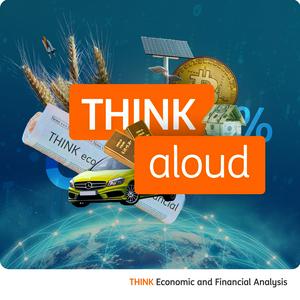
Ontvang de gratis radio.net app
- Zenders en podcasts om te bookmarken
- Streamen via Wi-Fi of Bluetooth
- Ondersteunt Carplay & Android Auto
- Veel andere app-functies
Ontvang de gratis radio.net app
- Zenders en podcasts om te bookmarken
- Streamen via Wi-Fi of Bluetooth
- Ondersteunt Carplay & Android Auto
- Veel andere app-functies


ING THINK aloud
download de app,
luisteren.



